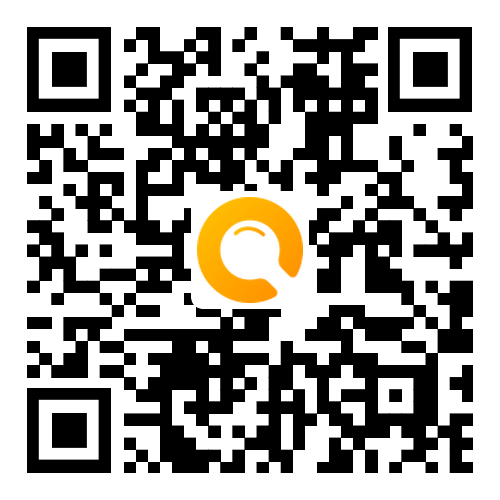Einstein's Compass Young Albert was a quiet boy. "Perhaps too quiet", thought Hermann and
Einstein's CompassYoung Albert was a quiet boy. "Perhaps too quiet", thought Hermann and Pauline Einstein. He spoke hardly at all until age 3- They might have thought him slow, but there was something else evident. When he did speak, he'd say the most unusual things. At age 2, Pauline promised him a surprise. Albert was excited, thinking she was bringing him some new fascinating toy. But when his mother presented him with his new baby sister Maja, all Albert could do was stare with questioning eyes. Finally he responded, "where are the wheels?"
When Albert was 5 years old and sick in bed, Hermann Einstein brought him a device that did stir his intellect. It was the first time he had seen a compass. He lay there shaking and twisting the odd thing, certain he could fool it into pointing off in a new direction. But try as he might, the compass needle would always find its way back to pointing in the direction of north. "A wonder," he thought. The invisible force that guided the compass needle was evidence to Albert that there was more to our world that meets the eye. There was "something behind things, something deeply hidden."
So began Albert Einstein's journey down a road of exploration that he would follow the rest of his life. "I have no special gift," he would say, "I am only passionately curious."
Albert Einstein was more than just curious though. He had the patience and determination that kept him at things longer than most others. Other children would build houses of card up to 4 stories tall before the cards would lose balance and the whole structure would come falling down. Maja watched in wonder as her brother Albert methodically built his card buildings to 14 stories. Later he would say, "It's not that I'm so smart, it's just that I stay with problems longer."
One advantage Albert Einstein's developing mind enjoyed was the opportunity to communicate with adults in an intellectual way. His uncle, an engineer, would come to the house, and Albert would join in the discussions. His thinking was also stimulated by a medical student who came over once a week for dinner and lively chats.
At age 12, Albert Einstein came upon a set of ideas that impressed him as "holy." It was a little book on Euclidean plane geometry . The concept that one could prove theorems of angles and lines that were in no way obvious made an "indescribable impression" on the young student. He adopted mathematics as the tool he would use to pursue his curiosity and prove what he would discover about the behavior of the universe.
He was convinced that beauty lies in the simplistic. Perhaps this insight was the real power of his genius. Albert Einstein looked for the beauty of simplicity in the apparently complex nature and saw truths that escaped others. While the expression of his mathematics might be accessible to only a few sharp minds in the science, Albert could condense the essence of his thoughts so anyone could understand.
For instance, his theories of relativity revolutionized science and unseated the laws of Newton that were believed to be a complete description of nature for hundreds of years. Yet when pressed for an example that people could relate to, he came up with this: "Put your hand on a hot stove for a minute and it seems like an hour. Sit with a pretty girl for an hour and it seems like a minute. THAT's relativity."
Albert Einstein's wealth of new ideas peaked while he was still a young man of 26. In 1905 he wrote 3 fundamental papers on the nature of light, a proof of atoms, the special theory of relativity and the famous equation of atomic power: E=mc2. For the next 20 years, the curiosity that was sparked by wanting to know what controlled the compass needle and his persistence to keep pushing for the simple answers led him to connect space and time and find a new state of matter.
What was his ultimate quest?
"I want to know how God created this world...I want to know His thoughts; the rest are details."
 题目内容
(请给出正确答案)
题目内容
(请给出正确答案)
 答案
答案

























